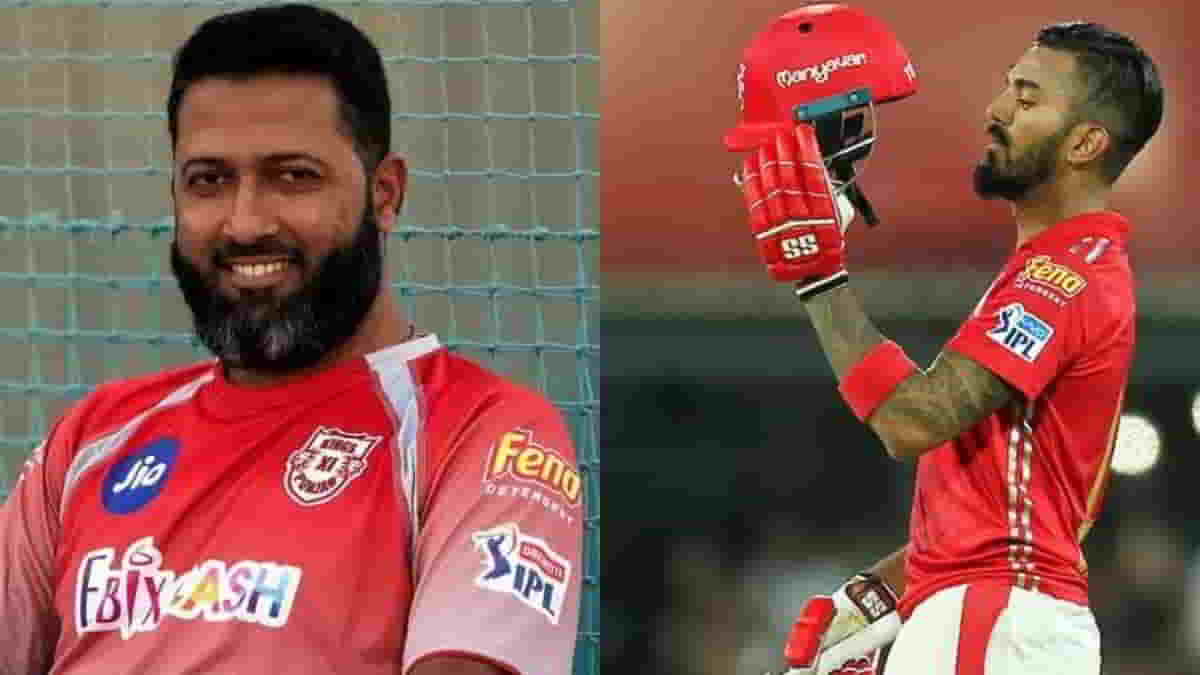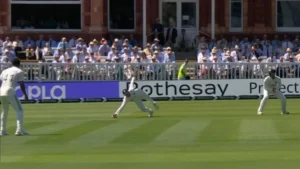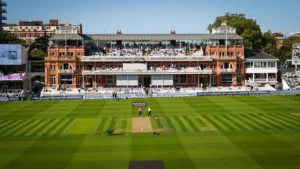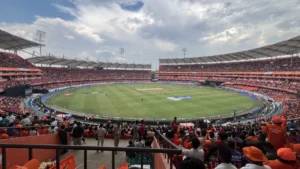The ICC Champions Trophy 2025 is set to bring cricketing rivals India and Pakistan back into focus, albeit with an unusual and somewhat contentious format. Pakistan has been forced to accept the hybrid model for the prestigious tournament, marking a significant turn of events in the cricketing world.
It incorporates some measures involving neutrals, such as where India’s entire tournament played group stage matches here in Dubai. The beauty of this decision is that it is quite strategic and can be of great value to Pakistan over this rivalry of intense cricketing relations between the countries.
Champions Trophy Hybrid Model for Ending the Stalemate

The hybrid model, which was finally accepted after much deliberation, deals with the complex issue of India’s refusal to travel to Pakistan for the Champions Trophy owing to security reasons. Where Pakistan was insisting on holding the entire tournament, which included India’s matches as well, the International Cricket Council (ICC) intervened, and a compromise was achieved.
The model suggests that all India’s group-stage matches as well as potential knockout games will take place in Dubai, UAE, a neutral location. A major breakthrough came when PCB Chairman Mohsin Naqvi and UAE Cricket Chief Sheikh Nahyan Al Mubarak had a late-night meeting where the administrative details of the tournament were finalized. Significantly, the venue for India’s matches was settled on Dubai International Cricket Stadium, a location that holds significant implications, especially for India’s cricketing history.
Dubai: A Venue Laden with Unfortunate Memories for India

Dubai International Cricket Stadium, though one of the most iconic venues in international cricket, has been an “unlucky” ground for India in recent years.
Indian cricket team, led by Virat Kohli in the 2021 T20 World Cup, has suffered humiliating losses on this very ground. In the tournament, India was comprehensively beaten by Pakistan, losing by 10 wickets, marking a historic defeat in their rivalry with Pakistan. It ended in a similar tragedy with New Zealand thrashing India by 8 wickets at the same ground, thereby knocking India out of the tournament.
Those results are still fresh in the minds of Indian cricket lovers, as India didn’t make it to the semi-finals in a tournament that it was hosting. Pakistan Cricket Board may have taken this decision of holding India’s group-stage games in Dubai as a psychological move, perhaps symbolically aimed at invoking the “ghost” of past losses. Speculative, but the choice of a ground that has been a site of India’s misfortune could add another layer of intrigue and tension to the rivalry.
Pakistan’s Assertive Strategy in the Hybrid Model

This decision of the hybrid model was not an easy call for Pakistan as it had always been resisting the idea of playing in neutral venues.
PCB had wanted all its matches, including India, to be played on its home soil. However, with the Indian government maintaining its hard stance on not sending the Indian team to Pakistan due to security concerns, Pakistan ultimately relented to the ICC’s framework, agreeing to the neutral venue arrangement for both India and itself in tournaments taking place in the other country.
Pakistan would host its matches in neutral venues in India in the 2026 T20 World Cup in India and the Women’s Cricket World Cup in India in 2025, according to the agreement. Despite the PCB’s opposition to the hybrid model from the start, it agreed on the arrangement to ensure that the Champions Trophy is restored as a global event and that there is no more delay.
A trusted PCB source has reported that Pakistan will host 9 to 10 matches of the Champions Trophy in 2025. If India does not qualify, the final could be held in Lahore.
India-Pakistan Cricketing Relations: The Long Shadow of Politics

The politics between India and Pakistan have dominated the cricketing relationship for years.
Since the 2008 Mumbai terror attacks that killed over 150 people, the Indian team has not toured Pakistan. The last bilateral series between the two nations was in 2012 after which diplomatic tensions and security concerns led to a freeze in bilateral cricketing relations. The Indian government’s permission is mandatory for the national team to visit Pakistan and, as of now, the prospects of the series between both teams taking place in Pakistan are minimal. The hybrid model of Champions Trophy brings both nations into focus once again but this time with a neutral approach.
While Pakistan’s cricketing authorities have attempted to retain their esteem in front of the country’s public, agreeing on the neutral venue agreement is seen by some as an act of concession, at least after the PCB forwarded its team to India to participate in the 2023 ODI World Cup. The bilateral relationship may have issues of politics and security, but the culture of cricketing between these two nations continues, only in a much more subtle and implicit way.
The “Revenge” Narrative and Future Prospects
The 2025 Champions Trophy is going to be one very big chapter in the cricketing world’s never-ending story of India vs Pakistan.
Whether Pakistan’s decision to schedule India’s matches in Dubai is a conscious attempt to “avenge” the team’s past losses remains to be seen. However, the psychological impact of past defeats, combined with the high-stakes nature of the tournament, is bound to make the encounters between the two teams even more thrilling and charged with emotion.
Although the hybrid model may have addressed some immediate concerns, it only serves to remind one of the broader issues that plague international cricket in a politically charged environment. The real test will be if the players can leave politics behind and focus on what they do best playing the game, while the cricketing world watches with bated breath.
ALSO READ: Smriti Mandhana Creates History: Becomes No.1 In Women’s Cricket




























